Saturday: Clue With Lesley Ann Warren at Lincoln Theatre
There can be any number of reasons why a movie becomes a cult classic years after its initial release. Such is the case with Clue, the 1985 movie based on the board game that, unlike the murder victims in the film, died an uneventful death upon its initial release, only to find a second life and much larger audience courtesy of home video, cable, and now, streaming. Lesley Ann Warren, the Academy Award-nominated and Golden Globe- and Emmy-winning actor, who played Miss Scarlet in the film, can’t put her finger on it either. “Jonathan Lynn, the director [and screenwriter of Clue], we did a symposium a while back,” Warren tells City Paper. “Even he was saying, ‘I cannot explain this.’” Warren will be on hand to solve the Clue phenomenon on Feb. 8 at the Lincoln Theatre, where she will discuss the film (in an interview with yours truly, which came about after we did this interview for City Lights), along with a Q&A with the audience (a VIP meet-and-greet package is also being offered). But Warren does have thoughts as to why the movie has found such an enthusiastic following after all these years, among them her fellow cast mates. “It has, in my opinion, some of the most extraordinary comic actors that have ever graced a film, together,” she says. “That was a miracle of casting.” Thanks to Clue, Warren also finds her fan base crossing all generations and she’ll be “stopped by 9-year-olds and 60-year-olds.” Warren says. “It’s such a wondrous thing, to know that you’re beloved before you open your mouth.” Clue: A Screening to Die For! With Lesley Ann Warren plays at 8 p.m. on Feb. 8 at Lincoln Theatre, 1215 U St. NW. thelincolndc.com. $45–$165. —Christina Smart

Sunday: I Heard It Through the Grapevine at the National Gallery of Art
In some respects, James Baldwin has become even more iconic over the past few decades than during his lifetime. Yet his appearance in the documentary I Heard It Through the Grapevine is definitely less-remembered, as it saw a limited theatrical run, and then became very difficult to find even in the digital age. To celebrate and remember Baldwin, the National Gallery of Art is screening the travelogue this weekend. Directed by Pat Hartley and Dick Fontaine in 1982, I Heard It Through The Grapevine is primarily a retrospective of the Civil Rights Movement told by Baldwin. In the doc, the author acts as a narrator, interviewer, and historian, trying to tell the stories of others. He visits locations from his personal life, the Civil Rights Movement, and sites that offer poignant reminders of Black life in the United States. He returns to his family home in Louisiana, visits one of the first slave markets in St. Augustine, Florida, with Nigerian novelist Chinua Achebe, and visits Newark, New Jersey, with poet Amiri Baraka. Throughout the film, Baldwin reminisces about the struggle for civil rights, and the movement’s inability to address the economic and structural injustices that persist to this day. Recently restored, the film can now be seen as a retrospective on what America had become in the decades following the Civil Rights Movement, from one of its most famous and beloved activists and storytellers. As ever, Baldwin’s lessons and moral judgment of the American character resonate today—seeing I Heard It Through the Grapevine at NGA is a great way to remember the past, but also examine the present. I Heard It Through the Grapevine screens at 2 p.m. on Feb. 9 at NGA East, 4th Street and Constitution Avenue NW. nga.gov. Free, but registration required. —Tristan Jung

Tuesday: Mdou Moctar and Janel Leppin at the Birchmere
While Mdou Moctar and his band have established their reputation in recent years largely on their distinctive, electric guitar-led meld of desert blues and Van Halen, they have, at various points in time, also played acoustically, including for a 2021 NPR Tiny Desk home recording. Now Moctar and band are doing an acoustic tour in support of their upcoming Tears of Injustice album (out Feb. 28), an acoustic re-recording of their 2024 album, Funeral for Justice. Mikey Coltun, the band’s New York-based bassist and producer, told Rolling Stone that the acoustic session was done in a Brooklyn studio in July 2023, a few days after Niger’s president, Mohamed Bazoum, was removed via a military coup. The situation in Niger, according to Coltun, left the band’s Nigerien members—Moctar, as well as drummer Souleymane Ibrahim, and rhythm guitarist Ahmoudou Madassane—concerned for their families and worried about how they’d be able to get back to them. On Tears, the group exchange the buzzing guitar and noticeable electric bass from Funeral for mostly slower arrangements, high-pitched strummed sounds, more vocal interplay, and more clearly expressed lyrics. But this is no Western folk music coffeehouse album. The strumming and fingerpicking still has that psychedelic Tuareg feel, the call-and-response and harmony vocal techniques help convey the Tamasheq lyrics about corruption and suffering due to autocratic political leaders. Don’t miss them performing live and don’t get there late—D.C.’s own Janel Leppin will be opening with a solo cello set and she promises some new compositions. Mdou Moctar play at 7:30 p.m. on Feb. 11 at the Birchmere, 3701 Mt. Vernon Ave., Alexandria. birchmere.com. $35. —Steve Kiviat
Wednesday: Tokyo Story at the National Museum of Asian Art

Tokyo Story, Yasujirō Ozu’s 1953 masterpiece, is a somber, sentimentality-free reflection on societal transformation, intergenerational conflict, and the erasure of the elderly. The film stars frequent Ozu collaborator Chishû Ryû and Chieko Higashiyama as Shukichi and Tomi, respectively, an older couple who journey to the city to visit their grown children and grandchildren. The younger generations try to entertain their guests but clearly resent this intrusion into their busy lives. Shukichi and Tomi sense they’re not welcome and end their visit early; when Tomi dies soon afterward, the couple’s offspring must make the same journey in reverse. The narrative couldn’t be simpler, nor could Ozu’s cinematic language, wherein the camera is almost always placed at the approximate eye level of someone kneeling on a mat, and moves exactly once. Though made in the decade after World War II transformed Japan, Tokyo Story is one of the most quietly insightful films ever made about the forces that turn intimate relations into strangers. Tokyo Story screens at 2 p.m. on Feb. 12 at the Freer Gallery of Art, 1050 Independence Ave. SW. asia.si.edu. Free, but registration required. —Chris Klimek
Wednesday: America in Crisis at Atlas Performing Arts Center
Since the 2024 election, Washingtonians shocked by Donald Trump’s victory have raged against the internet sewer that produced him, the cruel impulses that elected him, and the Democrats who failed so spectacularly to beat him. It felt (feels?) worse than 2017, when there was a palpable spirit of resistance in the air. Principled Republicans, long considered in D.C. to be an extinct species, re-emerged to take bold stances on democratic norms and institutions. The national newspapers that broke stories on Watergate and the Iraq War launched investigations and conducted fact checks. It was invigorating, in a miserable sort of way. Cut back to 2025 and its opposite vibes. Trump’s win was not a fluke this time, and the independent press that once scrutinized his administration has been largely displaced by a social media ecosystem owned by his sycophants. During Trump 1.0, it felt like every racially charged executive order ignited a massive protest. Now in his first few weeks in office, again, he seems to crank out half a dozen a day, and unless you’re obsessively checking the news, you barely hear about them at all. Small wonder the first event hosted by the New Republic in 2025 is titled “America In Crisis: Navigating the Dark Road Ahead.” The meat of the event at Atlas Performing Art Center will be a series of panels, including “The Dangers of Christian Nationalism and Project 2025” and “Bad Business: Corporate Complicity in the Climate Crisis.” The Christian nationalism talk will be moderated by Sarah Posner, a journalist who specializes in religious extremism. Her 2016 story, “How Trump Took Hate Groups Mainstream,” co-authored with David Neiwert, won the Sidney Hillman Foundation Award. The climate talk will be moderated by Aaron Regunberg, director of Public Citizen’s Climate Accountability Project. Regunberg is a former member of the Rhode Island General Assembly and a writer who has been published in Jacobin, Newsweek, and the New Republic. There will also be panels on Trump’s economic policies and his penchant for political retribution, which, judging by his firing of prosecutors who worked on criminal cases resulting from the Jan. 6 insurrection, has already begun to flare up. The New Republic, a progressive opinions journal that has been publishing since 1914, has a history of supporting left-leaning policies, including women’s suffrage and the eight-hour workday. There were times in relatively recent history when the success of causes like these seemed implausible. But today these things are well-established public policy thanks to those who resisted their own sense of hopelessness … and the self-serving power structures that perpetuated it. The New Republic: America in Crisis virtual and in person at 6:30 p.m. on Feb. 12 at Atlas Performing Arts Center, 1333 H St. NE. atlasarts.org. Donations welcome. —Will Lennon
Recommended Stories
#Mdou #Moctar #Plays #Acoustic #Set #James #Baldwins #Travelogue #City #Lights #Feb

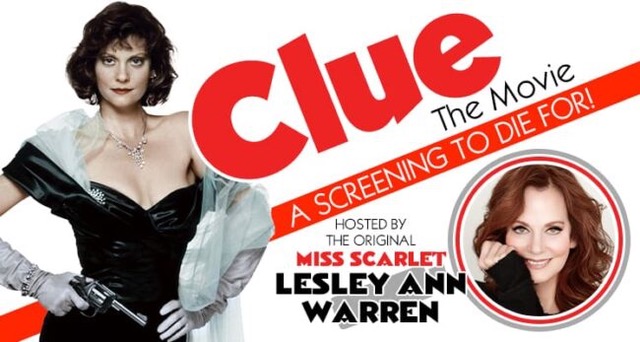
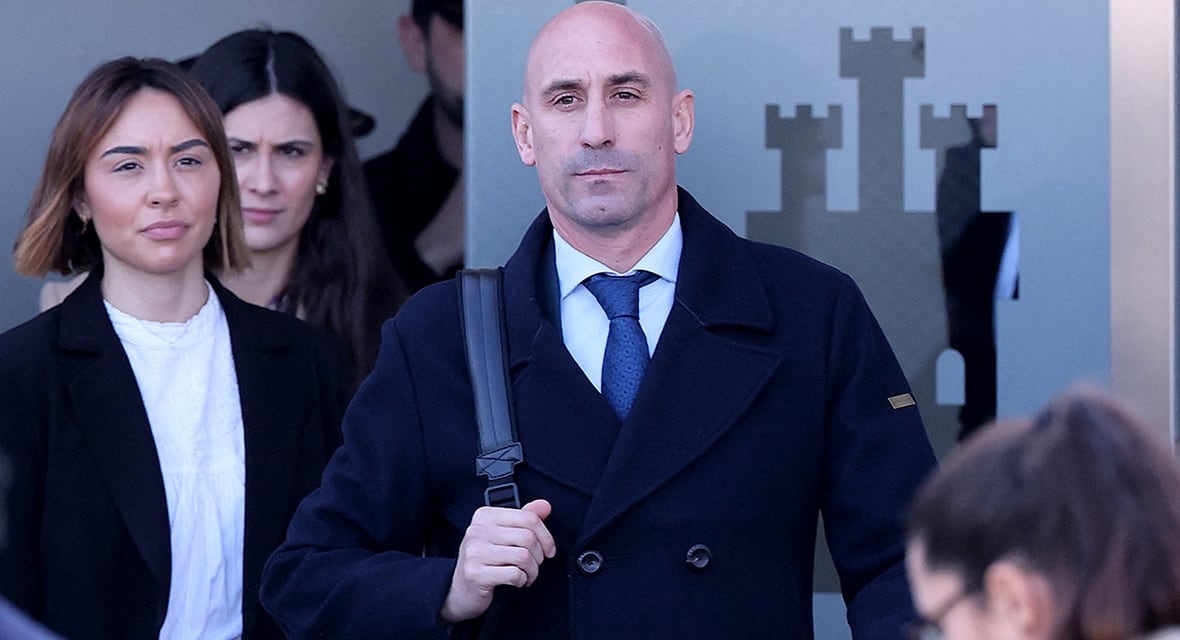

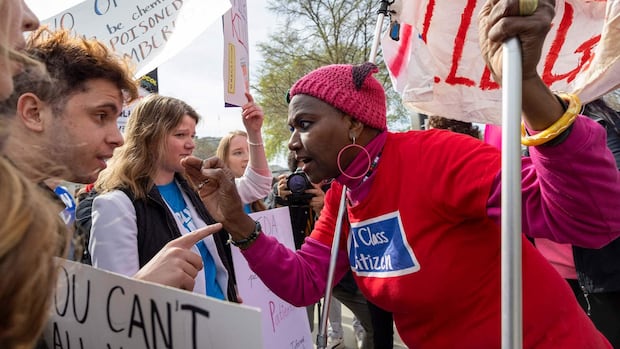
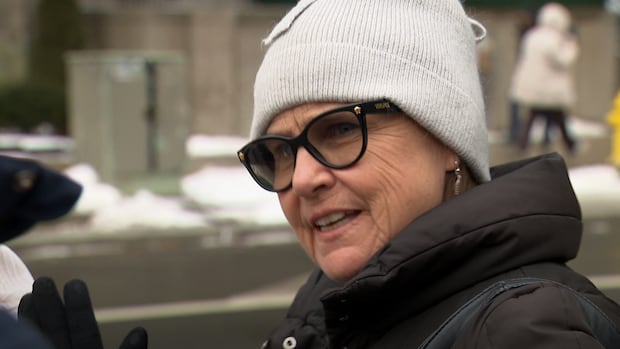



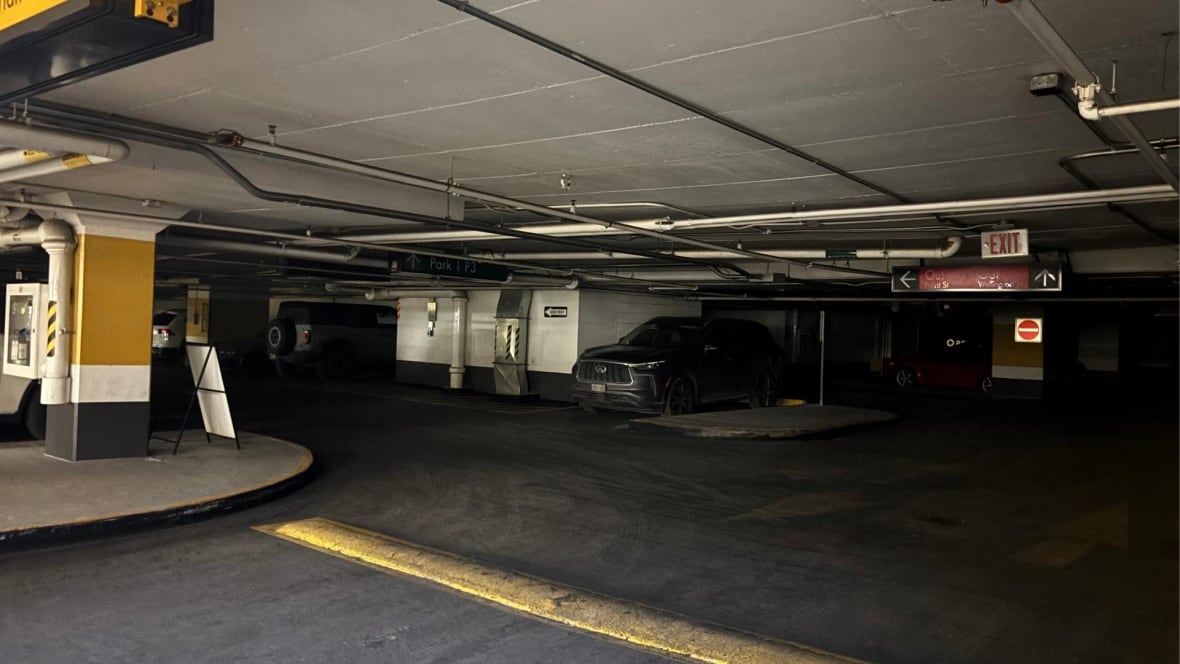
Leave a Reply